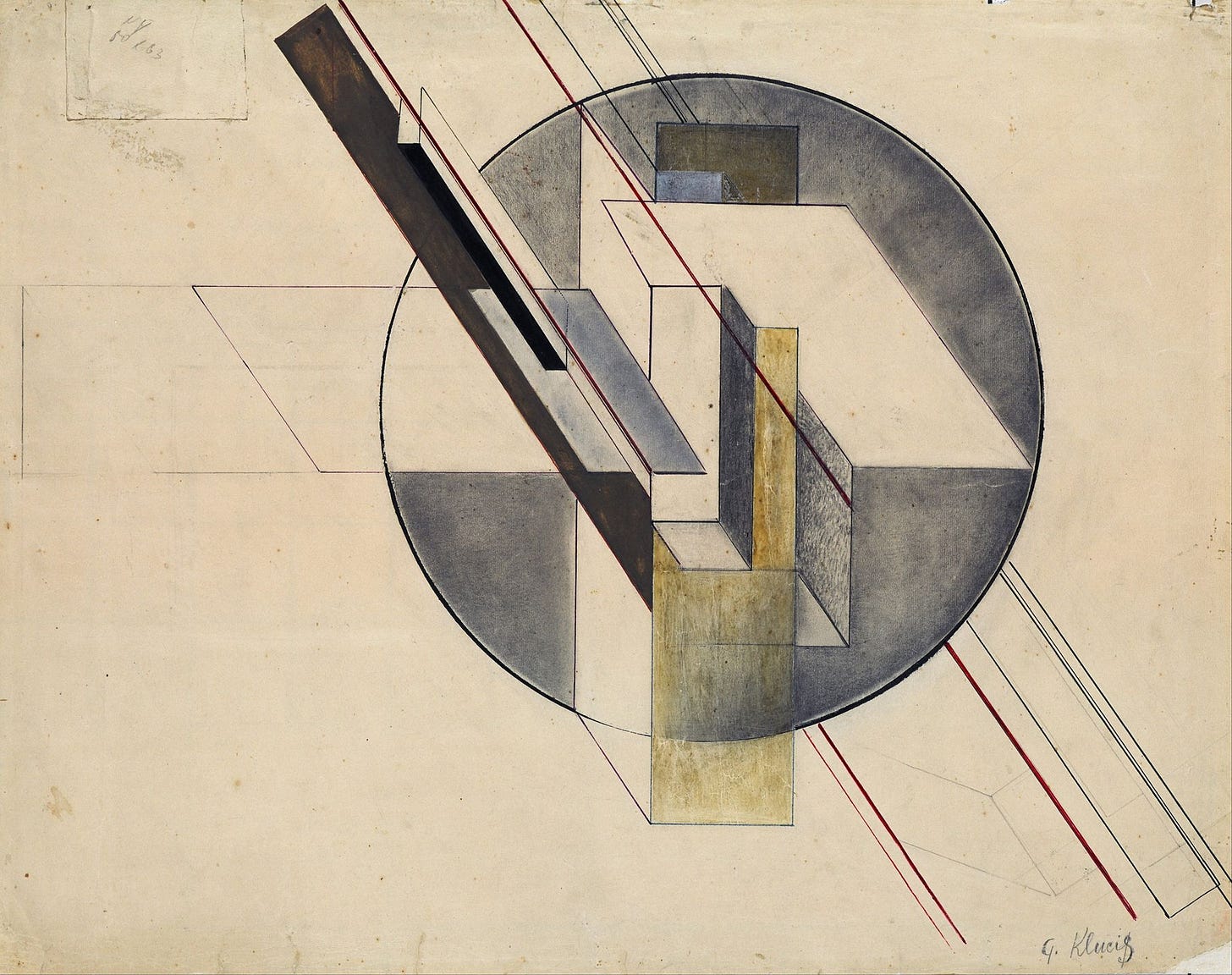What the Democracy Engineering Complex Misses
Is democracy a machine? Or is it something more human?

For my professional sins, I end up spending a disproportionate amount of time going to (and sometimes hosting!) events with titles like “Saving Liberal Democracy,” “Fixing America’s Troubled Democracy,” and “Is Democracy in Decline?”. These events are part of a large public effort—running through media organizations, think tanks, journals, private found…


